Reimagining the Future
extending Trinity's global impact
UPDATED: March 3, 2023
Dear Friends and Family of Trinity International University,
Two thousand years ago the risen Lord Jesus Christ solemnly commissioned his church to take the gospel to all nations, baptizing them and “teaching them to obey everything” that he had commanded. From its founding in 1897 down to this very day, in obedience to this divine mandate, Trinity has been educating men and women to engage in God’s redemptive work in the world. For more than four generations our institution has endeavored by God’s grace to equip pastors, leaders, practitioners, and scholars from around the world—all in accordance with the scriptures and all for the sake of the gospel. For 125 years the gospel has been Trinity’s non-negotiable “why.”
In order to remain unswervingly faithful to this unchanging “why,” our institutional forebears were led at various points to redefine Trinity’s “what” and “how,” that is, its educational “package” and the method of its delivery. When the Swedish Free Mission board launched its first classes in 1897, little did they anticipate a day when classes would no longer be taught in Swedish. When Trinity’s faculty and staff were enrolling more and more students at its Chicago location in 1956, they could hardly have been able to foresee that five years later they would be setting up shop in a densely wooded farm-estate, offering little in the way of building improvements aside from a horse stable, a swimming pool, and what we know today as “the mansion.” Though such paradigm shifts were controversial in their time, in retrospect we can see that these pivots were all but necessary in order for Trinity to remain faithful to its “why.”
Remaining laser focused on our “why” becomes all the more important in difficult times. In recent years, U.S. institutions of higher education have witnessed a drop in undergraduate and graduate enrollments. Trinity has not been immune to these national trends, which have only been exacerbated by COVID-19 and subsequent economic instability. Today we are in a new reality: North American demand for in-residence degree programs is firmly in decline, while the cost of offering the fully face-to-face educational experience continues to escalate.
Challenges such as these have posed not so much an existential threat to our existence but rather a fresh set of questions about our current paradigm. Constantly reevaluating our “what” and our “how,” the Board of Regents and my office have recently been giving ever greater attention to the core of our mission. Without budging on our “why,” we have been asking ourselves again and again, “What is our best strategy for educating men and women to engage in God’s redemptive work in the world?”
In this season of discernment, three guiding principles or key characteristics have repeatedly come to the forefront. The first guiding principle is that a Trinity education remain missional. In doubling down our efforts to provide a missional education, we intend to prioritize the kinds of students who have benefited from Trinity since its historical inception: God’s shepherd-teachers including emerging pastors, Christian educators, practitioners and lay and parachurch leaders. From there, as a secondary priority, we also seek to serve those who are served by our pastor-teachers, the rank and file within the church who long to integrate their vocation, not least the callings of law and business, with God’s redemptive work in the world. If the church’s greatest missional need is a critical mass of theologically formed and contextually sensitive leaders, Trinity will seek to meet that need by educating students to engage today’s rapidly changing world with characteristic academic excellence.
Second, while rising costs continue to put higher education out of reach for many households across the world, we are committed to maintaining an accessible educational offering. We will make shrewd use of digital platforms and existing marketing networks, all the while remaining operationally lean and focused. Though TIU’s expansion in recent decades may have been appropriate for the season, today we need to consolidate by bringing all our human and material resources to bear on a singular point of focus. As we do, we will also be better positioned to put a Trinity education within the grasp of every tribe and nation.
Third, Trinity’s education must remain as transformational as ever. At Trinity we have never regarded education as the mere impartation of knowledge. Rather, taking our cues from the scriptures, we seek to create dynamic learning environments sensitive to the work of the Spirit and to the wise voice of seasoned faculty mentors. For this reason, even as we renew our commitment to missional and accessible education, we will seek to provide a transformational education.
Yesterday evening, on my recommendation and in light of these values, the Board of Regents voted to empower my office to take appropriate steps to (1) discontinue residential and in-person undergraduate education (with the exception of our BA/MDiv program), effective at the close of the spring 2023 semester; and (2) reposition Trinity College and Trinity Graduate School, together with their excellent tenured faculty, for delivering—by fall 2023—fully online courses and programs intended for global audiences. Additionally, also per my recommendation, the board had voted to close Camp Timber-lee, an entity that has struggled to establish financial viability well before it was gifted to TIU in 2016 and has continued to struggle even more so in the past few years. But recent developments have enabled us to identify a buyer and secure a purchase agreement, which allows the camp to continue its ministry, while also maintaining the opportunity for TIU to sharpen its focus on its mission and implement an expanded global vision for the University’s future. As hard as such decisions may be, these moves are necessary steps for providing the University, not least our continuing residential programs at Trinity Evangelical Divinity School and Trinity Law School, a strong foundation as it moves forward as an institution that is more missional, more accessible, and more transformational than ever before.
We understand that these decisions, while providing long-term vitality, have significant short-term implications. I have personally assured the board that Trinity will take appropriate steps to assist current undergraduate students who are impacted by the transition to an online platform, whether to complete their degrees virtually or to transfer to other educational institutions. As Trinity’s president, I also promise that in the midst of this transition we will do everything within our power to aid and assist any of our highly valued staff who are adversely affected by these decisions.
We know this new direction will be unwelcome news for some, but we believe this course of action will enable us to better serve the global church more effectively as we more closely align our mission—our “why”—with these guiding principles. I recognize this letter will not answer all your questions, but we intend to provide additional details in the coming days through regular communications, chapels, special gatherings, and other forums.
Meanwhile, please take time to visit our FAQs below for some additional information and details about the implementation of this plan for Trinity’s future.
Yours in the Great Commission,

Nicholas Perrin, PhD
President
Trinity International University

Neil Nyberg, JD
Chairman of the Board
Trinity International University
More Information
Click on a box to see frequently asked questions for the following Trinity constituents.

